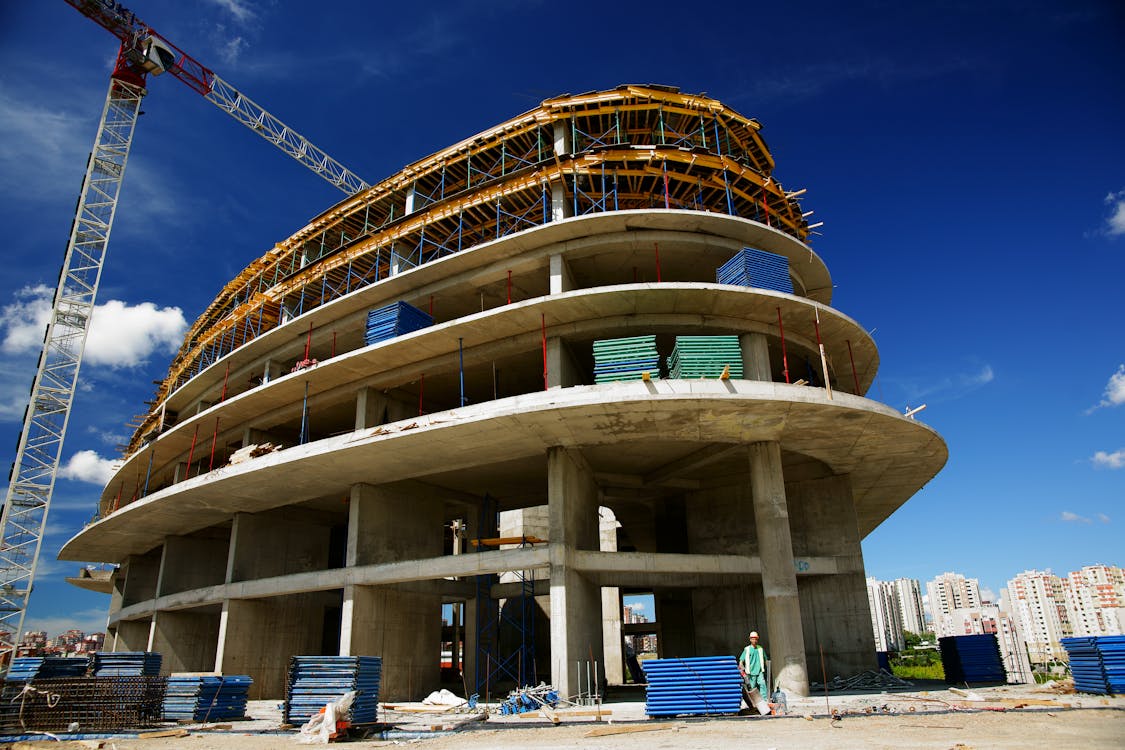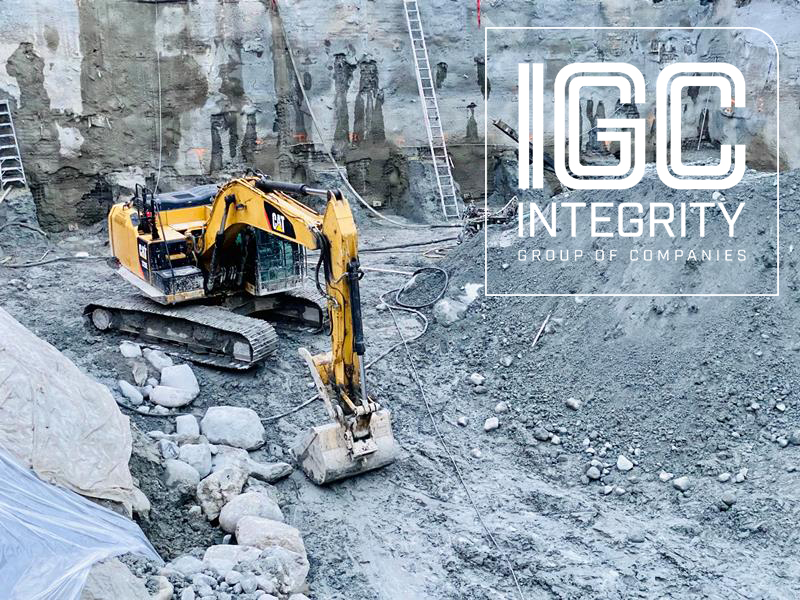Introduction:
Demolition is an integral part of urban development, enabling the creation of new structures and revitalizing existing spaces. However, traditional demolition methods have often been associated with environmental concerns due to their impact on air quality, waste generation, and resource consumption. In recent years, there has been a significant shift towards incorporating sustainable practices in the demolition contractors Vancouver industry. This article explores the latest trends in demolition techniques that prioritize environmental consciousness and contribute to a greener future.
- Implosion Demolition: Implosion demolition, also known as controlled building collapse, has gained popularity as a safe and efficient method for bringing down large structures. In this technique, explosives are strategically placed to create a series of precisely timed explosions that result in the controlled collapse of the building. The latest trend in implosion demolition is to utilize advanced computer modeling and simulation tools to ensure precision and minimize the impact on the surrounding environment. By carefully managing the debris and controlling the collapse, this method reduces the amount of dust, noise, and vibrations generated during the demolition process.
- Selective Demolition and Deconstruction: Selective demolition and deconstruction have emerged as sustainable alternatives to conventional demolition methods. Instead of demolishing an entire structure, these approaches involve carefully dismantling and salvaging reusable materials. The latest trend in selective demolition is to employ innovative techniques such as structural dismantling, where elements of the building are carefully disassembled for reuse or recycling. This reduces waste and minimizes the need for raw materials, contributing to a circular economy and reducing the environmental impact of construction projects.
- High-Reach Excavators and Robotics: Advancements in technology have revolutionized the demolition industry, introducing high-reach excavators and robotics as efficient tools for demolishing tall structures. High-reach excavators are specifically designed with extended arms that allow operators to reach greater heights while maintaining stability and control. The latest trend is to equip these machines with sophisticated attachments, such as hydraulic shears and pulverizers, which enable precise cutting and crushing of materials. Additionally, the use of robotic demolition equipment, controlled remotely by operators, improves safety by minimizing human exposure to hazardous environments.
- Sustainable Waste Management: Proper waste management is a crucial aspect of sustainable demolition practices. The latest trend in this area focuses on implementing comprehensive waste management plans that prioritize recycling and waste diversion. Materials such as concrete, metals, wood, and plastics can be sorted, processed, and recycled, reducing the amount of waste sent to landfills. Furthermore, the development of innovative recycling technologies, such as concrete crushing machines and metal separation systems, enables the recovery of valuable resources from demolished structures, promoting a more sustainable approach to demolition.

Conclusion: The demolition industry is evolving to meet the demands of a more environmentally conscious society. By adopting innovative techniques such as implosion demolition, selective demolition, high-reach excavators, and sustainable waste management practices, the industry is paving the way for a greener future. These latest trends in demolition not only minimize environmental impact but also contribute to resource conservation, improved safety, and the development of a circular economy. As urban development continues to expand, it is essential to prioritize sustainable practices in demolition to ensure a harmonious balance between progress and environmental stewardship.











